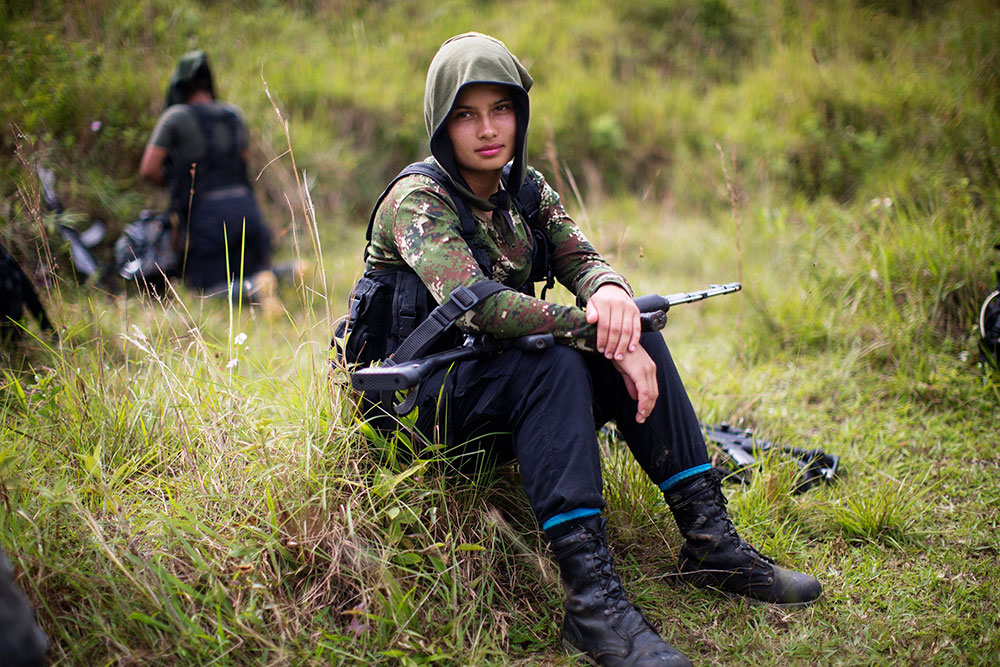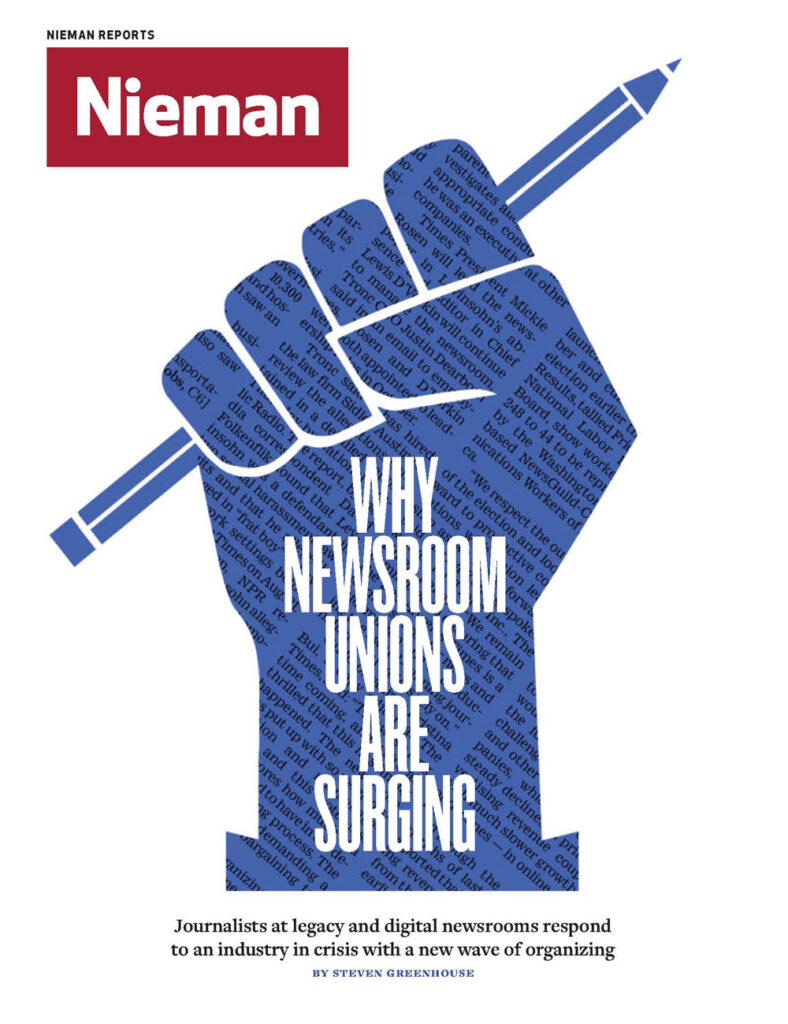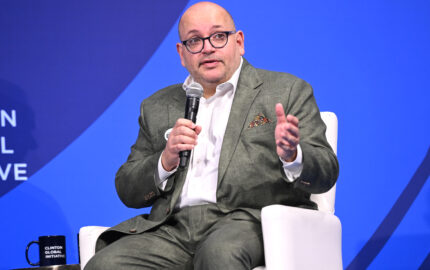Then former President Álvaro Uribe tweeted. Two days before the premiere, the senator and political leader charged the documentary lacked “objectivity” and asked the movie chain to not show it.
Uribe had seen only the trailer, not the 90-minute documentary. He asserted that “The Negotiation” accused him of being an enemy of peace. (The trailer said he is an enemy of the peace agreement, which he was without a doubt since he led a coalition urging citizens to vote NO in a referendum on the agreement.)
Shortly thereafter, the president of Cine Colombia told Colombia’s most popular radio station that he hadn’t yet decided whether to show “The Negotiation.” Online ticket sales were halted.
The backlash was frenzied. In our nation of 45 million people, there were thousands of tweets, caricatures, magazine and newspaper columns, and Facebook postings. The censorship of “The Negotiation” was the fifth most tweeted subject in the world that November 27th.
At the end of the day, Cine Colombia restored ticket sales. “The Negotiation” was a box office hit during the scheduled four-day run and it is still being shown in Colombia. Uribe’s protest drove ticket sales as many people went to see the film to protest censorship.
The five-decade war killed 200,000 people and displaced eight million. It is a story I have covered through my career, first as an Associated Press reporter, then as a filmmaker. The question that lingers is the last one in the documentary: “Will peace prevail or will Colombia start yet another cycle of violence?”




